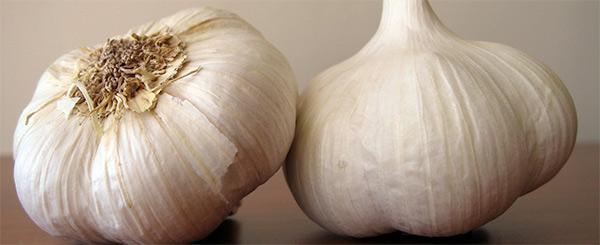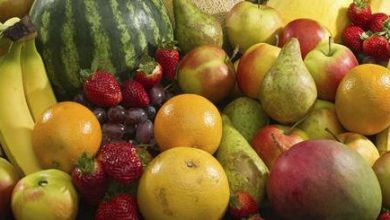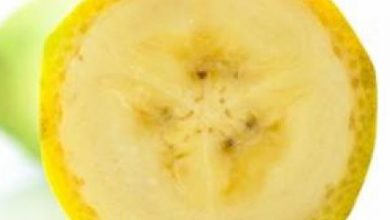GARLIC

GARLIC
In Arabic language, garlic is called “thaum” or “ثوم” and is referred to in the following Qur’anic verse:
And [recall] when you said, “O Moses, we can never endure one [kind of] food. So call upon your Lord to bring forth for us from the earth its green herbs and its cucumbers and its garlic and its lentils and its onions.” [Quran 2:61]
This ancient plant dates back millennia. Evidence of this is apparent on the hieroglyphs on the temple and pyramid walls of ancient Egypt. During the time of the Pharaohs, garlic used to be given to the labourers during the construction of the pyramids to give them the ability to do heavy work and to increase their immune system. In ancient Greek civilisation, eating raw garlic before participating in any athletic championship used to be customary. Roman soldiers used to eat garlic before going into the battlefield, to give them strength.
In Marseilles, in 1721, there was a deathly epidemic which caused people to flee the town. The towns people decided to use convicts from the local jail, who were awaiting their execution, to attend to the piling corpses. Everybody forced to do this job died, except three of them.The government ordered an investigation on why these people survived. They struck a bargain with the convicts, and the convicts only revealed their secret on the condition that they were released. It turned out that the secret ingredient was garlic, which they consumed together with their daily soup!
What is the most important element of garlic? Allicin, one of garlic’s most highly valued sulfur compounds, selenium, manganese, vitamin B6 and vitamin C.
Garlic is not just a delicious cooking ingredient, but it also boosts the immune system. Modern studies reveal that garlic contains anti oxidants, lowers cholesterol by dissolving the cholesterol in the body, and prevents heart diseases by strengthening the heart muscles. It is also a very important in treating asthma and respiratory problems, and is a very powerful antibiotic. In fact, the older generations used garlic to treat bacterial infections,viruses even worms, with garlic. Garlic is also beneficial for those with eyesight problems, liver problems, and cancer.
When you study the early days, how many recipes for how many diseases, we can go on for at least 5-6 pages, full of recipes and cures from many diseases. However, this page is intended to give a glimpse, so feel free to perform your own research to find out more.
Suggestions for use:
Garlic is noted for its strong flavour and aroma, and is a delicious ingredient for most savoury recipes across the globe.
Eating raw chopped garlic is the best way of deriving most benefits from garlic. If the taste is too overpowering, the garlic can be cooked for a milder taste, although much of its benefits will be reduced if so. Many chefs recommend adding the garlic at the last stage of the cooking process to preserve the maximum amount of nutrition and flavour.
If the flavour of garlic is too overpowering for you, you can also obtain garlic supplements from most health stores.
Some other suggestions:
Mix raw garlic with cooked barley, parsley and celery and eat this mixture before meals, three time a day, for alleviating urinary infection or kidney problems. Remember to also increase your water consumption.
Add garlic to yoghurt and eat regularly every morning and evening, to increase your immune system.
There are plenty of other ways to consume garlic – with a bit of research, you can discover them too.
Final Note:
Islamically, as a matter of good manners, it is highly discouraged to eat raw garlic or onion and go to the masjid, because the odour might be offensive to those around you. This can be found in various authentic hadith. However, this does not apply to cooked garlic or onion.




